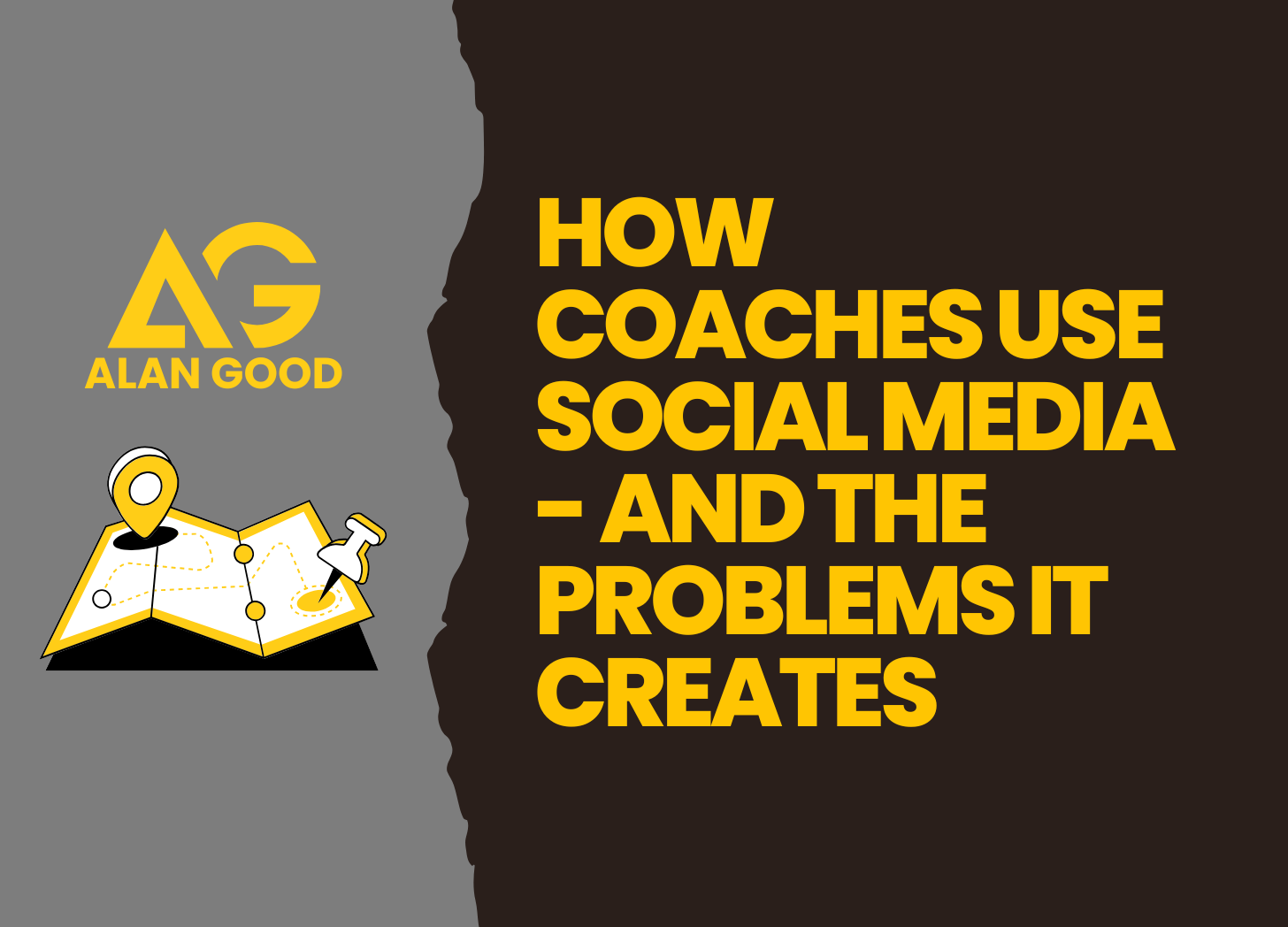Should coaches be judging your Instagram?
What the research says about social media evaluation in recruiting
Social media is now part and parcel of recruiting - but should athletes hoping to play in college have to play this game at all?
How we got here
My colleague Reagan Underwood recently completed academic research that reveals just how far this has gone. She interviewed six college coaches and six high school athletes about social media recruiting.
The findings highlight a troubling reality: we’ve created a system where teenagers perform their lives for adult evaluation.
Athletes think they need to post game highlights, statistics, and tournament results.
But coaches are also mining their accounts for character traits, personality insights, and red flag identification.
Neither side is happy with this arrangement, yet both feel trapped by it.
What coaches said they’re really looking for
A big pro of the social media era for coaches is the ability to get additional insight on athletes prior to being able to speak to them.
Here’s what Reagan’s research suggested they’re looking for:
Deal breaker identification: They use social media to screen out athletes early, not to discover talent. Your posts can eliminate you faster than they can help you.
Character evidence: How do you handle disappointment? How do you treat teammates? What do you do when no one’s watching?
Cultural fit: Does your personality align with their program values? Are you someone current players would want as a teammate?
Authentic personality: They want to see the real you, not a curated highlight reel. Personal accounts often reveal more than athletic ones.
All of this begs some follow-up questions.
Does scrolling through a 14-year-old’s Instagram posts tell us anything meaningful about their potential as a college athlete?
Are we creating unnecessary pressure for families to perform their private lives publicly?
We’re essentially asking teenagers to manage their digital presence with the same care as professional athletes, without the media training or life experience.
Nonetheless, the intertwining of social media and recruiting isn’t going away any time soon. So how should you navigate that?
Your realistic options
Knowing this system exists, you have choices.
Participate strategically: Share authentic content that shows your character while being mindful that coaches might see it. This means accepting some loss of privacy for potential recruiting advantages.
Maintain boundaries: Keep your social media private or athletically-focused only. Accept that some coaches might pass you over, but preserve your teenage experience and privacy.
Skip social media entirely: Focus on traditional recruiting methods - showcases, direct coach contact, and performance. Many successful recruits never needed social media.
None of these options should really be necessary. But understanding them helps you make informed decisions rather than stumbling into disadvantages.
What should you post?
If you choose to participate, consider posting short clips that show personality alongside performance.
Jumping on a meme trend, for instance, can display your sense of humor. Some coaches do this too!
Authentic content that spotlights teammates, shows leadership, or displays evidence of community involvement also goes over well.
The posts that can hurt your recruiting typically involve drama, negativity or controversial content. There are too many cautionary tales of athletes losing roster spots and scholarships due to one ill-advised social media post.
If you have to think twice about whether a post idea might get you in trouble, that’s the signal you need to skip it.
The bottom line
Coaches can evaluate talent just fine without scrolling through teenagers’ Instagram accounts.
The best predictor of college success remains the same: how athletes compete, communicate, and respond to coaching in actual game and practice environments.
If you choose to use social media strategically for recruiting, understand what coaches are looking for. But don’t feel obligated to perform your teenage years for college coaches.
The sport worked fine before social media, and the athletes who succeed in college are still the ones with character, work ethic, and talent - not the best curated feeds.


